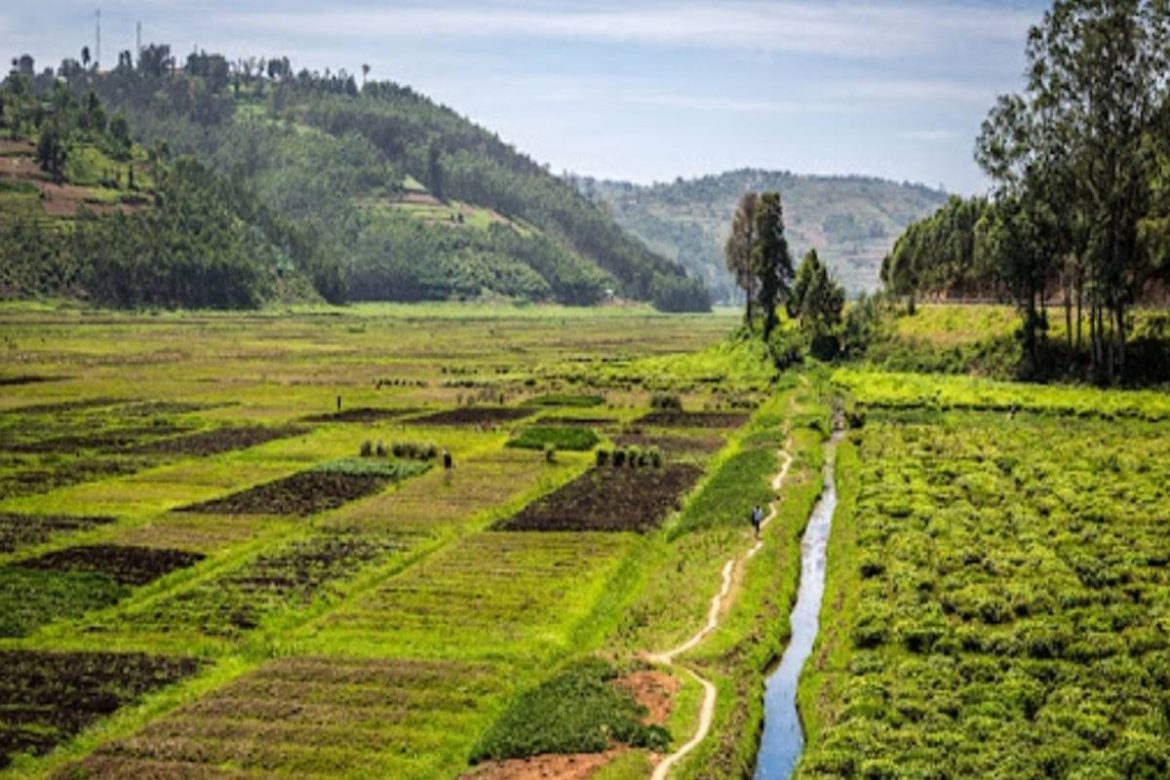Betterment is the highway to a brighter future – one of them is the reforms in the country. Given that 70% of our country is concentrated in villages, around agriculture, and with the less powerful – land reforms take up the very first priority. But, how much of these updates do we actually know? Not much, do you agree? The news comes out every day on some new reform in different sections of the country. Here, let us discuss the land reforms statewide and in which states they have been the most successful. But first, let’s go from scratch.
What are Land Reforms?
Land reform is a type of agricultural reform that involves modifying land ownership laws, rules, or norms. Land reform can be defined as a government-initiated or government-supported property redistribution, most commonly of agricultural land.
Land reform can thus refer to the transfer of ownership from the powerful to the less powerful, such as from a small number of affluent or noble owners with huge land holdings (e.g., plantations, large ranches, or agribusiness plots) to individual ownership by individuals who work the land. Such transfers of ownership may occur with or without pay, with compensation ranging from nominal amounts to the whole worth of the land. These ownerships can be claimed with Patta Chitta online to apply for the certificate.

Why were Land Reforms Established?
Before independence, almost all agricultural lands in India were owned by intermediaries such as Jagirdars and zamindars, rather than the farmers who toiled on these grounds to produce crops. These farmers were naturally exploited because the landowners paid no attention to agricultural requirements and were only concerned with the rent they collected from these laborers.
Following independence in 1947, there was an apparent lack of agricultural productivity. To remedy the situation, the Indian government took steps to change current regulations in order to get a better outcome.
Categories of Land Reforms
These include measures to regulate tenancy contracts by registration and the definition of contractual elements, such as shares in share tenancy contracts, as well as attempts to eliminate tenancy and give tenants ownership.
These intermediaries, who worked for feudal lords (Zamandari) to collect rent for the British, were said to allow a bigger share of the land’s excess to be collected from tenants. Prior to 1958, the majority of states had approved legislation to eliminate intermediaries.
The third category of land reform statutes comprised efforts to enforce land holdings ceilings with the goal of allocating surplus land to the landless.
Finally, there are statutes that aimed to allow for the amalgamation of different property holdings.’ Though these reforms, particularly the latter, were justified in part by the need to increase agricultural productivity, it is evident from the acts themselves, and the political manifestos backing the acts that the primary impulse driving the first three reforms was poverty reduction.
Though all of this is said, there are several arguments about land reforms. Let us talk about them.
Favor of Land Reforms
- Equity – a small number of landlords currently own the majority of land in India.
- The inverse link between land size and efficiency – the smaller the area, the more productive and efficient it will be.
- Share-cropping is less efficient than owner-cultivation.
Against Land Reforms
- If a huge agricultural land that is centrally administered is divided among individual private owners, the peasants who take it up may not be efficient enough to carry out the cultivation individually.
- as a result Land fragmentation and areas of inefficiency Land fragmentation usually does not promote large-scale cultivation.
- Land reform appears to have had a negative impact on poverty.
- Land reforms in nations such as Zimbabwe had resulted in economic decline and food poverty.
The Success of Land Reforms
Land reform is a state subject in India. Ownership or title to a plot of property in the country is mostly presumptive rather than definitive. The NITI Aayog has created a model Land Title Act for 2019. The draught model advocates for definitive land titles as well as State-guaranteed ownership.
Conclusive land titling will be a game-changer, allowing farmers to have simple access to financing, significantly reducing land-related litigation, enabling transparent land transactions, and making the process of acquiring land for infrastructure development smooth and quick.
Because land is a state topic, it is critical that the Centre persuades all states to join forces and agree to the draught law that has been in the works for some time and has yet to see the light of day.
The Centre, through the Ministry of Rural Development, and state governments/union territories are working together to implement the Digital India Land Records Implementation Programme 2.0, which aims to digitise land records and save land registration in a computerised database.
Along with this, a project for mapping land parcels in rural inhabited regions utilising Drone technology is underway, with the goal of completing the mapping of land parcels across the country in a phased manner by 2024.
Conclusion
Land reforms have come a long way from when they started and to where they are now. Today, these land reforms are suitable to match the modern world right through online processes. Though there are successes in land reforms, there are some gaps like no nationwide template or a standardised national registry of land records. But still, now you know the importance these land reforms hold in today’s world.
👉 Click here to read the latest Gujarat news on TheLiveAhmedabad.com



